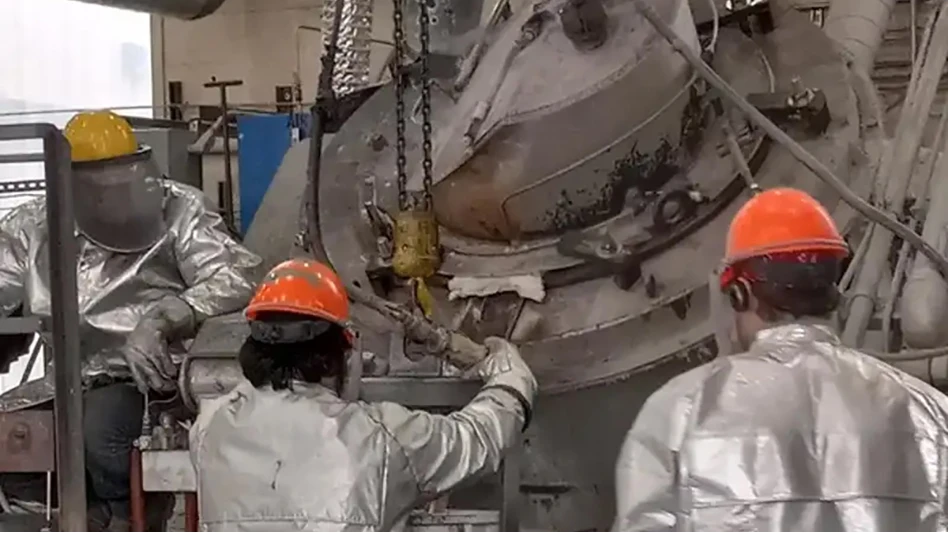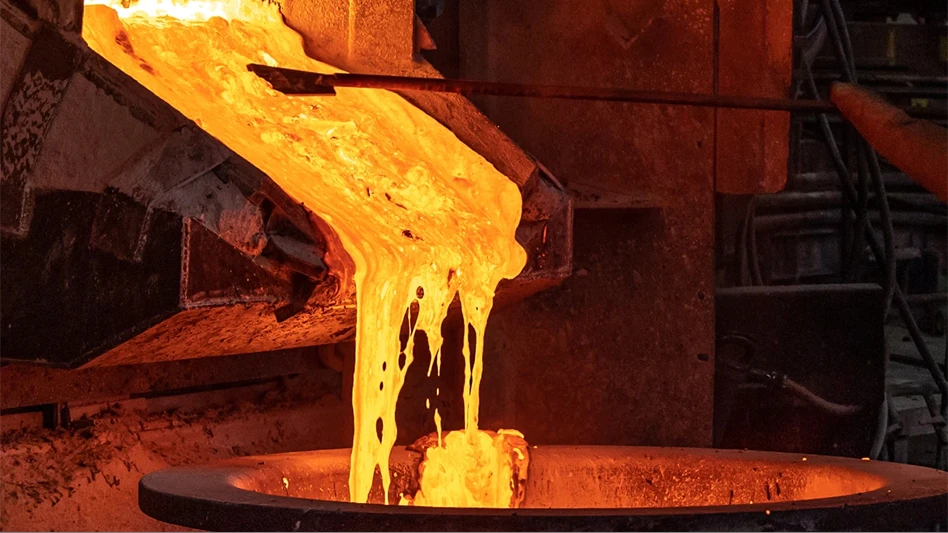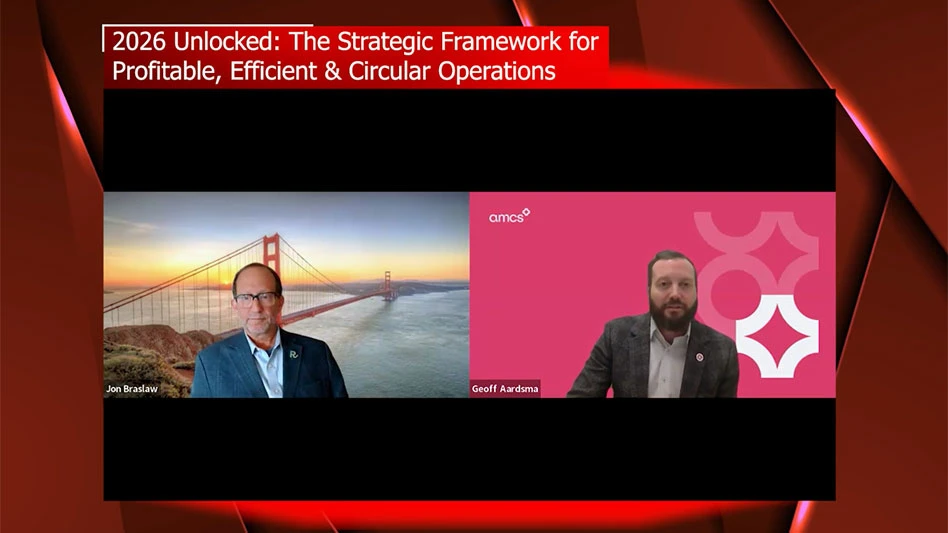
artjazz | stock.adobe.com
In a news release, Brussels-based Plastics Recyclers Europe (PRE) says the region’s plastic value chain has been hit by a strong recession caused by persistent issues such as increased imports of non-European Union recycled plastics, reduced domestic investments in domestic raw material production and recycling and a lack of demand for EU-produced virgin and recycled plastics.
According to the organization, 18 industry stakeholders across the plastic value chain are calling for immediate efforts to strengthen the European plastics industry and promote a “resilient, innovative and sustainable” European plastics value chain.
RELATED: EuRIC publishes roadmap for supporting the plastics recycling sector
Despite significant technological innovation in recent years, PRE says new market data show a steep decline in the virgin plastic industry. The organization notes that Europe’s share of global plastics production has fallen from 28 percent in 2002 to 14 percent in 2022, while the growth of recycling capacity is slowing down from 16 percent in 2021 to 6 percent in 2023.
“The uncontrolled imports of recyclates and virgin plastics into the EU pose a critical challenge requiring swift action,” PRE says. “While global trade is essential to ensure a thriving European economy, EU environmental, health and safety regulations must be enforced on all products and materials placed on the market."
The organization adds that such a measure is necessary to support the competitiveness of the European plastic value chain and establish a level playing field among EU and non-EU actors. With this measure, addressing high energy costs and ensuring the enforcement of EU regulations on all products and materials placed on the EU market, including imports, also are essential, PRE says.
“We must urgently address the existing market uncertainties to prevent further deindustrialization and establish a single market for waste and recycled plastics,” PRE says. “To achieve this, best practices should be implemented across all member states, from production and processing to collection, sorting and recycling, and these should be accompanied by clear enforcement measures to ensure the progress towards legislative targets.”
Additionally, PRE says establishing an EU-level incentive scheme to boost further investment, as well as clear legislative measures to encourage circular solutions, will provide the plastic value chain with the financial stability to drive further innovation for the industry and continue contributing to climate change mitigation.
The organization says its members are urging the EU to boost Europe’s circular economy in the 2024-29 legislature and strengthen its global competitiveness. “Without decisive and targeted action,” PRE says, “Europe risks losing its leadership in innovative plastic production and recycling, along with its broader industrial base, jeopardizing the implementation of the 2030 environmental legal framework.”
Latest from Recycling Today
- European policymakers seek Russian steel import ban
- EPR implementation working group adopts nationwide focus
- CPM Crown to open European operations hub
- Mardi Gras sustainability initiative collects 14K pounds of recyclables
- Reju selects site for French textile recycling facility
- Hydro’s earnings decrease year over year
- Republic Services appoints Ian Craig to board of directors
- Phoenix Public Works Department proposes solid waste rate increases





